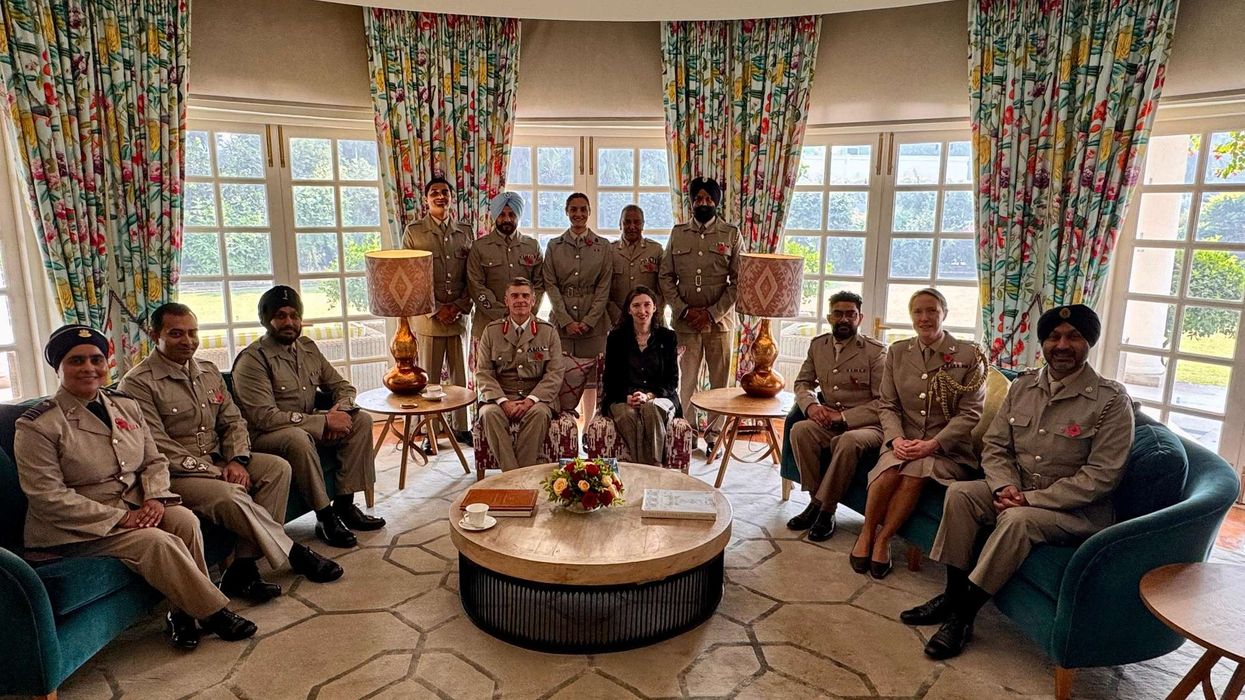IT HAS been interesting to see how sophisticated the Asian community has become in dealing with real estate over the past five decades.
Looking back to the 1970s, when a large influx of Asians came to the UK, mostly from east Africa, after being expelled from Uganda, the community has shown remarkable entrepreneurial spirit and involvement in various businesses.
Initially, many Asians, with the support of their extended families, ensured stability by working in factories and clerical jobs to create capital. Their desire was to be independent and to establish businesses.
The evolution – from the first generation of Asians in the 1970s, who set up shops and leased their premises before buying them freehold – illustrates this entrepreneurial journey. As businesses became established, further opportunities arose to invest in real estate.
At the same time, business owners in other parts of Africa, including Kenya and Malawi, observed what had happened in Uganda. They recognised that regime changes could threaten their assets and livelihoods.

Investing in commercial real estate from the early 1970s was not only attractive from an asset preservation standpoint, but also presented an opportunity to create income. The UK provided security through the rule of law and a stable government.
Profits from established businesses were often reinvested in real estate, and the affiliation between real estate and the Asian community has been strong.
While the first generation was risk-averse and sought secure income, the next generation has approached property entrepreneurship with a different perspective.
The recent shift has been in creating value by undertaking change-of-use projects, residential development, and repurposing land for owner occupation.
This change has brought a greater appetite for risk, leveraging finance and active involvement in adding value.
The next generation has not been shy about getting their hands dirty, whether by seeking the right advice, engaging in planning, or preparing sites for future development.
The Asian community invests in real estate not only for income, but also for their own occupation and use. They have undertaken bespoke developments to create hotels, nursing homes, and other businesses.
The involvement in real estate extends beyond buying, leasing, and selling. A large number of funds and finance companies have been established to provide short and long-term finance secured by property.
The success of the Asian community in real estate has been twofold: creating businesses that operate and occupy the assets and developing the assets to house these businesses.
The next generation is sophisticated in structuring and syndicating real estate assets and acquisitions. The love of real estate within the Asian community is here to stay, grow, and develop.
Vijay Parikh is the managing partner of Harold Benjamin. Established 70 years ago, it’s a medium size London law firm specialising in real estate, banking and finance and corporate legal services.
Parikh has more than 20 years of commercial real estate experience acting for lenders, national house builders, family offices from across the globe and hoteliers. He has strong relationships with agents and in particular the UK commercial auction houses.
The Eastern Eye Property Awards, celebrating diversity in the real estate sector, will be held on June 26.

















50 years of Asian success in UK real estate market